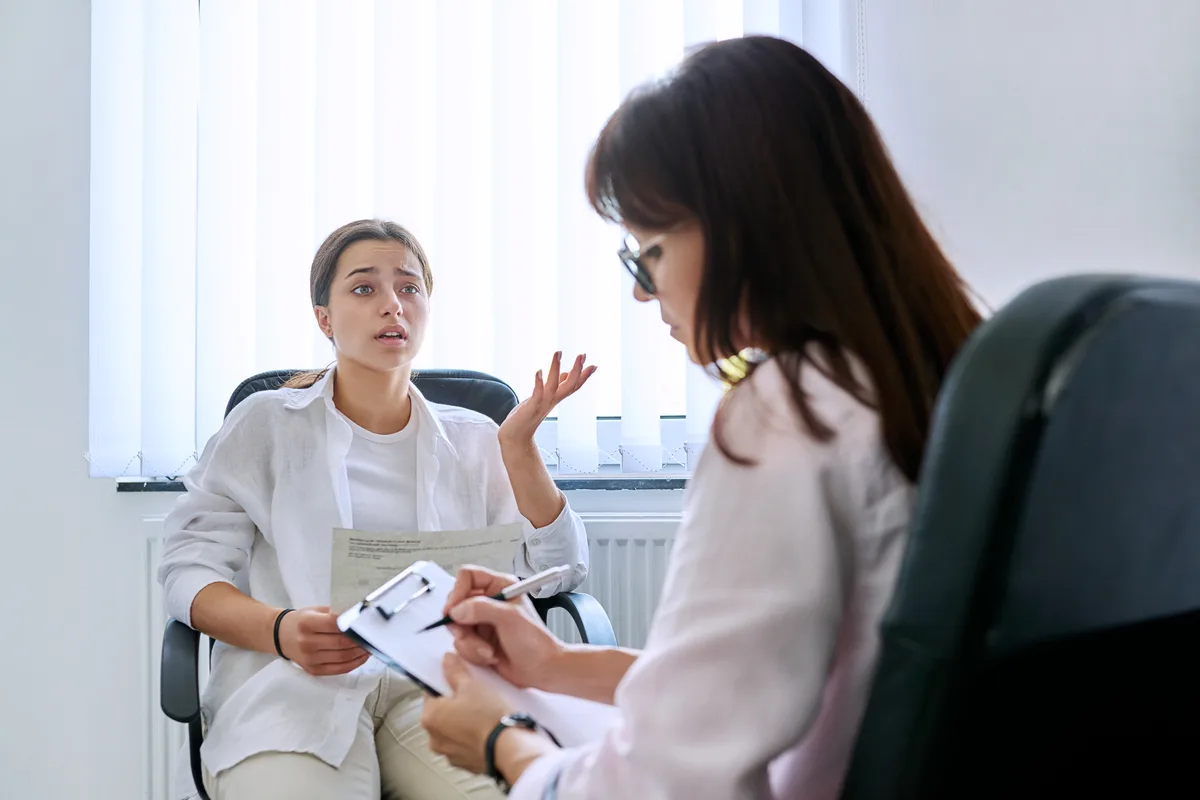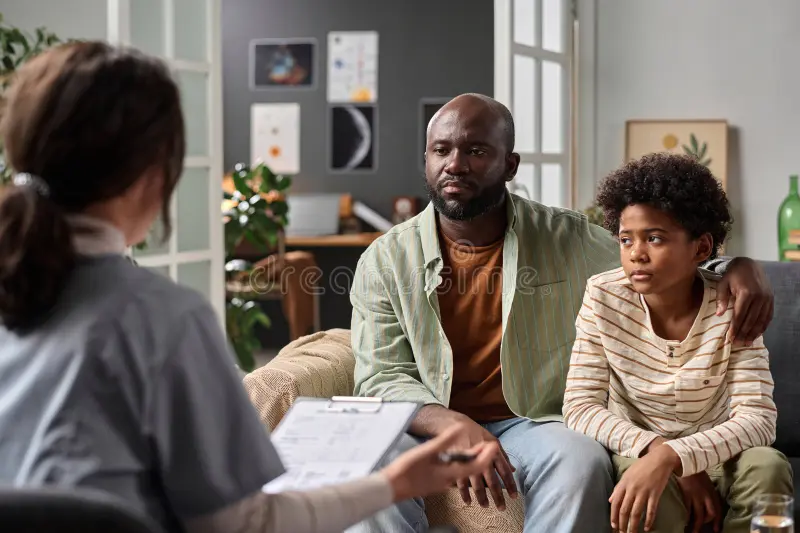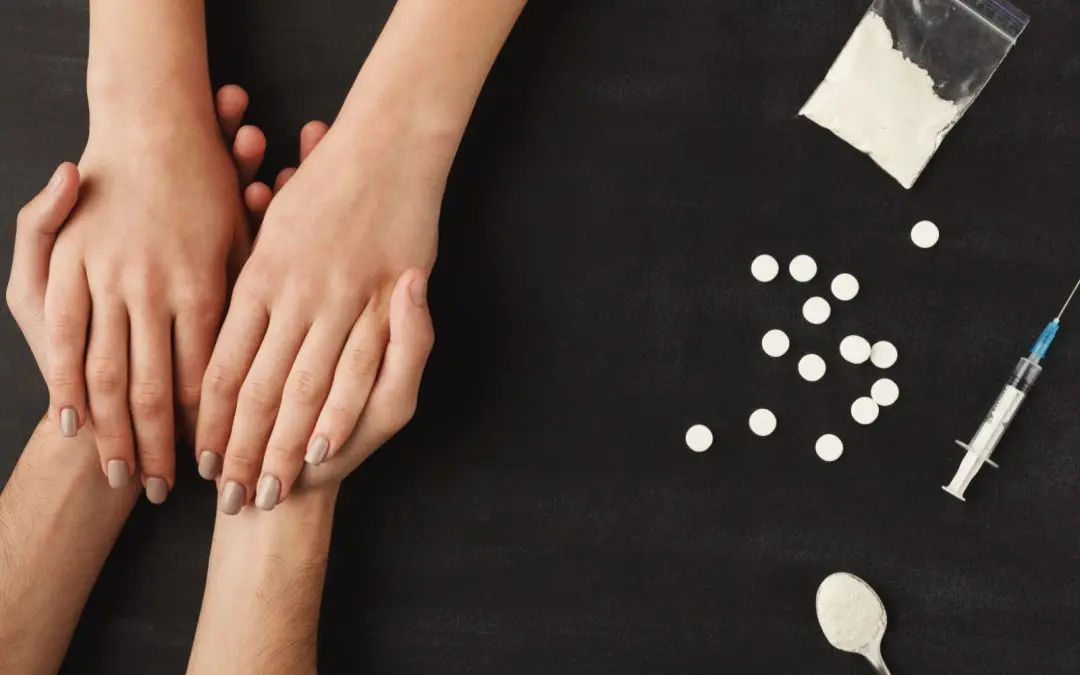24/7 Helpline:
(866) 899-221924/7 Helpline:
(866) 899-2219
Learn more about PTSD Rehab centers in Loves Park
PTSD Rehab in Other Cities

Other Insurance Options

Premera

Optima

Aetna

EmblemHealth

WellCare Health Plans

Multiplan

Self-pay options

Evernorth
Beacon

Anthem

Kaiser Permanente

Private insurance

Carleon

Amerigroup

Cigna

Coventry Health Care

Magellan Health

BlueCross

Choice Care Network

BHS | Behavioral Health Systems
















AA – Alcoholics Anonymous
AA – Alcoholics Anonymous is a non-profit rehab located in Loves Park, Illinois. AA – Alcoholics Ano...

Changes Place
Changes Place is a private rehab located in Loves Park, IL. Changes Place specializes in the treatme...










